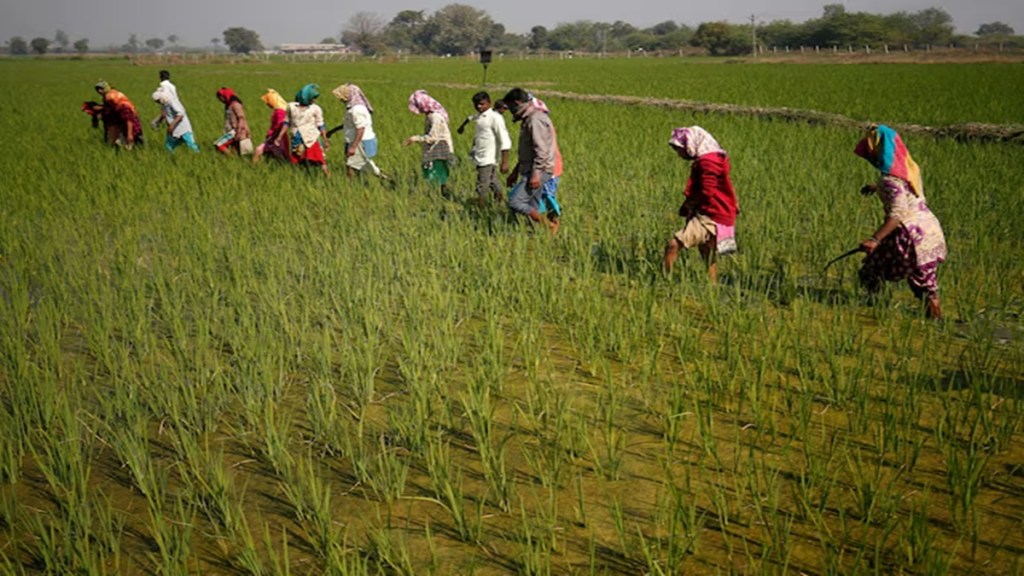India’s exports of agricultural and processed food products to the UK are expected to get a significant boost with elimination of tariffs on over 95% of these items under the India–UK comprehensive economic and trade agreement (CETA).
India-UK CETA
The pact would provide smallholders farmers of the country preferential access to the UK’s $ 63 billion agricultural market.
The elimination of tariffs would put India’s exports of fruits, vegetables and cereals to the UK at par with exporters of Germany, Netherlands and other European Union countries, while the pact would reduce landed costs of products from India and increase competitiveness of the products across retail chains, sources said.
In addition staples like turmeric, pepper, cardamom, and processed goods like mango pulp, pickles, and pulses will enjoy duty-free access which would enable better margins and wider reach amongst the UK’s consumers.
As for processed foods, the UK duties will reduce to zero from the current level of 70%.
Sources said duty free shipment of produce from India to the UK is expected to aid India’s plan to double its overall agri exports to $ 100 billion by 2030 from the current level of $ 51.91 billion.
Currently, India’s agri-exports to the UK is valued at just $ 811 million.
To protect the interest of smallholders farmers, sensitive items such as dairy products, apples, oats and edible oils have been kept out of the India’s tariff relief offer . No tariff reduction is offered by India for sugar, milled rice, pork, chicken and eggs also.
Indian products such as coffee, tea, spices, and beverages are set to gain a foothold in the UK market. At present, only 1.7% of the country’s coffee exports go to the UK.
In addition, sources said the agreement would allow market access for new products such as jackfruit, millets, vegetables, and organic herbs to the UK thus, helping small and marginal farmers to diversify and protect them against domestic price volatility.
However, India will allow tariff-free access for UK’s agri-products including fresh and frozen salmon, cod and lamb.
Cut in duties on edible oil may allow India to export ‘speciality’ oils such as mustard and coconut to the UK market meeting demand of the diaspora. India at present imports 56% of its edible oils consumption mostly of palm, soybean and sunflower varieties.
Officials said that farmers from various regions such as Maharashtra, Gujarat, Punjab, Haryana, Kerala, Karnataka, Uttar Pradesh and north-eastern states would benefit from a surge in shipment of grapes, onions, groundnut, cotton, basmati rice, spice and other horticultural products.
With enhanced access and strategic protections, the trade pact will help Indian agriculture transition from volume to value, and from local to global, sources said.
India’s dairy sector
India, the biggest milk producer in the world since 1998, plans to protect the industry through continuance with tariff and non-tariff barriers, sources said.
R S Sodhi, president, Indian Dairy Association, had earlier stated that the dairy sector, which is the largest contributor to agri-GDP and provides livelihood options to engage over 80 million farmers, has been functioning ‘quite efficiently’ since the 1970s.
Sources said that India has not provided any tariff rate quota (TRQ) for the import of milk and its products since 2014-15, while the country had last imported India last imported dairy products in 2011.
Under the treaty between India and the UK, the provision for technical barriers to trade will streamline certification, cutting down time and cost for exporters.

